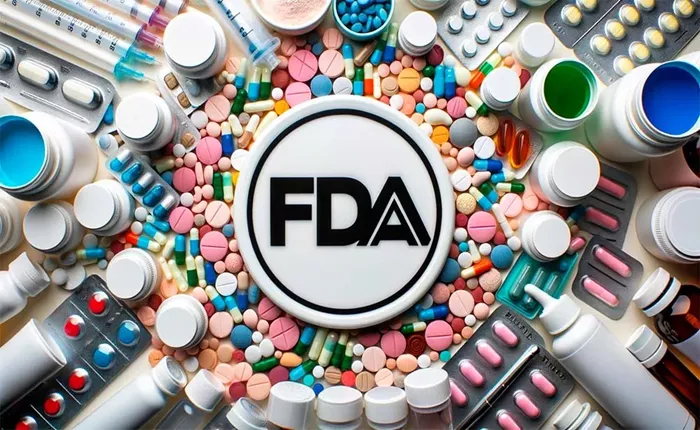The U.S. Food and Drug Administration (FDA) has named Dr. Vinay Prasad as the new head of its Center for Biologics Evaluation and Research (CBER), the division that oversees vaccines and other biologic medicines.
The announcement was made on Tuesday by FDA Commissioner Dr. Marty Makary, who praised Prasad’s scientific background and promised greater transparency under his leadership.
Dr. Prasad is a hematologist-oncologist and professor at the University of California, San Francisco. He is known for his outspoken criticism of the FDA’s and CDC’s handling of COVID-19, especially regarding vaccine approvals for children.
During the pandemic, Prasad questioned the safety and necessity of COVID vaccines for low-risk groups, including healthy children, and called for more rigorous scientific testing before approving boosters.
His critics warn that Prasad’s past statements have sometimes been controversial and misleading. For example, he compared COVID-19 public health measures to totalitarian regimes in Nazi Germany, a comparison that many found inappropriate.
Some experts, like Dr. Paul Offit of the Children’s Hospital of Philadelphia, say Prasad’s views underestimate the risks COVID-19 poses to children and question his experience in vaccine development, since his background is mainly in cancer and blood diseases.
Prasad replaces Dr. Peter Marks, who was removed in March after disputes with Health Secretary Robert F. Kennedy Jr., who now oversees the FDA. Marks had led the FDA’s vaccine efforts during the pandemic but faced criticism from Prasad and others for approving COVID boosters for children without what they considered sufficient data.
The appointment has caused some concern in the biotech industry, with shares of vaccine makers dropping after the news. Analysts expect Prasad to demand stronger evidence from drug companies seeking approval, possibly making the FDA’s process more stringent.
While some scientists agree that certain COVID vaccine policies should be reconsidered, others worry that Prasad’s leadership could undermine public trust in vaccines and slow down important medical advances. The FDA’s vaccine division now faces a critical moment as it balances safety, science, and public confidence in the years ahead.
Read more:
- Measles Outbreak In West Texas Eases But Doctors Stay Watchful
- Trump Administration Ends CDC’S Key Infection Control Committee
- What You Should Know About “Ozempic Feet,” a New Side Effect of Popular Weight Loss Drugs


